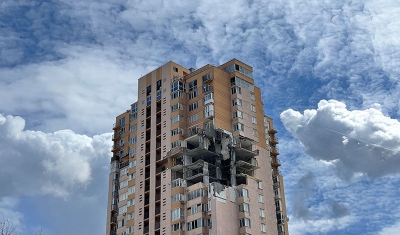Disarmament And Today's Threats


UN Photo
9 May 2017
Our Executive Manager, Kamelia Kemileva, will participate in a debate on disarmament and today’s threats on Wednesday 10 May 2017 at lunchtime (12:30 - 14:00) at the Palais des Nations (Library Events Room B-135).
Other panelists include Michael Møller, Director-General, United Nations Office at Geneva; Carsten Staur, Ambassador and Permanent Representative of Denmark to the United Nations Office and other international organizations in Geneva; Jarmo Sareva, Director of the United Nations Institute for Disarmament Research; and John Kierulf, author and retired diplomat with Denmark's Ministry of Foreign Affairs.
They will notably address the role of disarmament law and international regulations on arms control and non-proliferation of conventional weapons and weapons of mass destruction in today’s international landscape, as well as whether disarmament is effective and can reduce the occurrence of armed conflicts worldwide.









